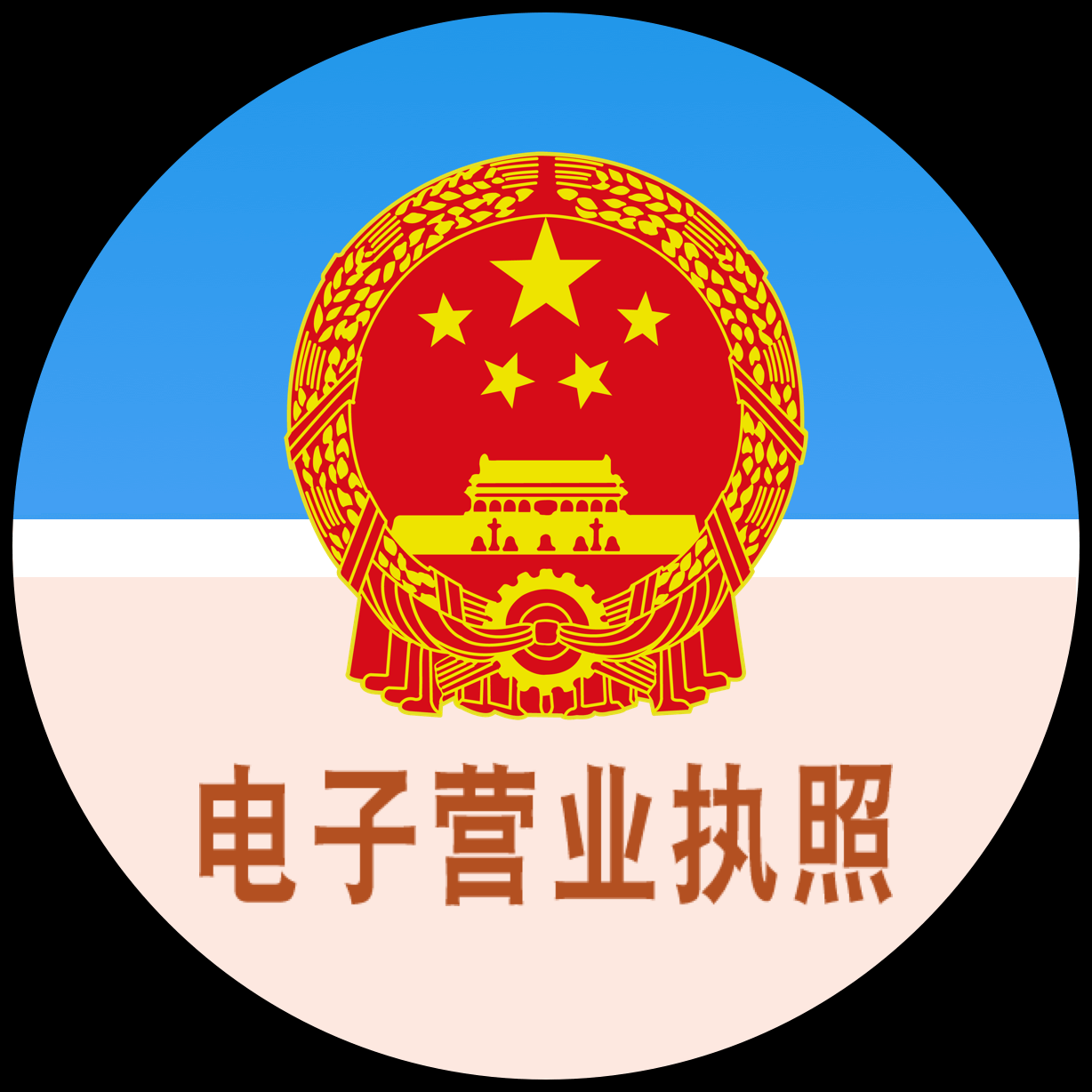手机游戏> LUDO SuperKing> 游戏评论
LUDO SuperKing

Ludo (from Latin ludo, meaning 'I play') is a strategy board game for two to four players, in which the players race their four tokens from start to finish according to the rolls of a single dice. Like other cross and circle games, Ludo is derived from the Indian game Pachisi, but simpler. The game and its variations are popular in many countries and under various names. Pachisi was modified to use a cubic dice with dice cup and patented as "Ludo" in England in 1896. The Royal Navy took Ludo and converted it into the board game Uckers. Ludo exists under different game names from various name derivations In North America, the game is sold under the brand name Parcheesi. Variations of the game are sold under the brand names Sorry!, Aggravation, and Trouble. In Spain, it is called "Parchís" in Spanish and "Parxís" in Catalan. In Colombia, it is called "Parqués".In Germany, this game is called "Mensch ärgere dich nicht" (Man, don't get upset), and has equivalent names in many other languages, such as Albanian, Bulgarian, Croatian, Czech, Dutch, Macedonian, Russian, Serbian, Slovak, Slovene, and Turkish. In Greece, the game is called "Γκρινιάρης" [Griniaris] (Grumbler) referring to typical player behaviour. In Italy, it is called "Non t'arrabbiare" (Don't get upset).In Poland, it is commonly referred to as "Chińczyk" (The Chinese), though an equivalent form to the German name also exists. In Estonia, it is called "Reis ümber maailma" (Trip around the world).In China, Malaysia and Singapore, it is called "飞行棋" or "飞机棋" (Aeroplane Chess). In Sweden, it is known as "Fia", a name derived from the Latin word fiat which means "so be it!" Common variations on the name are "Fia-spel" (Fia the game) and "Fia med knuff" (Fia with push). In Denmark and Norway though, the game is known as Ludo. In Vietnam, it is called "Cờ cá ngựa". In France, it is called "Petits Chevaux" (Little Horses) or "Le Jeu de Dada" (The Game of Dada) (dada being a colloquial word for "horse") and typically played with horse-headed pieces. In Hungary, this game is called "Ki nevet a végén" (Who laughs at the end). Ludo board Special areas of the Ludo board are typically colored bright yellow, green, red, and blue. Each player is assigned a color and has four tokens in their color. The board is normally square with a cross-shaped play space, with each arm of the cross having three columns of squares, usually six per column. The middle columns usually have five squares colored; these represent a player's home column. A sixth colored square not on the home column is a player's starting square. At the center of the board is a large finishing square, often composed of colored triangles atop the players' home columns. Rules Two, three, or four can play, without partnerships. At the beginning of the game, each player's four tokens are out of play and staged in the player's yard. When able to, the players will enter their tokens one per time on their respective starting squares, and proceed to race them clockwise around the board along the game track . When reaching the square below his home column, a player continues by moving tokens up the column to the finishing square. The rolls of a single dice control the swiftness of the tokens, and entry to the finishing square requires a precise roll from the player. The first to bring all their tokens to the finish wins the game. The others often continue play to determine second-, third-, and fourth-place finishers. Roll the dice with your buddies in a royal board game called Ludo Super King. Ludo Super King is a free board game developed and published by SuperKing. Features of Ludo Super King 1. Local Multiplayer 2. With Computer/With Bot 3. Bright and Dark theme 4. Minimal text, no need to know any languages Future enhancement of Ludo Super King 1. Online Multiplayer 2. Play with friends 3. Game stats 4. More eye catchy themes



 粤公网安备44010602000283号
粤公网安备44010602000283号

玩家评论
全部评论